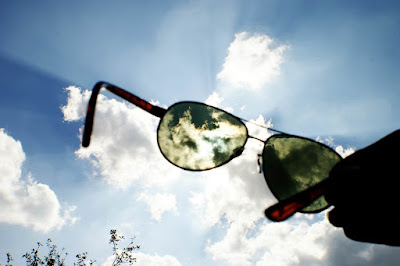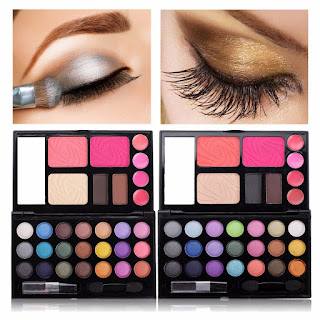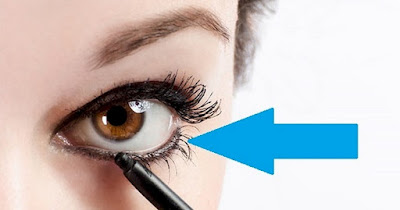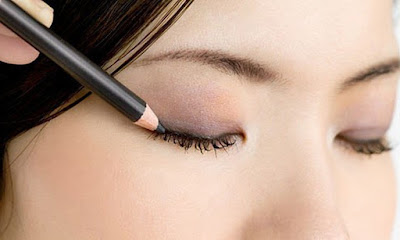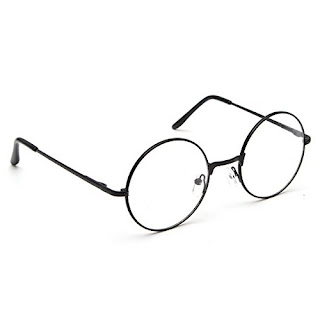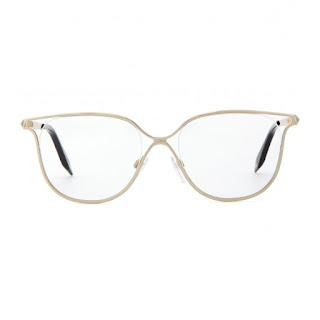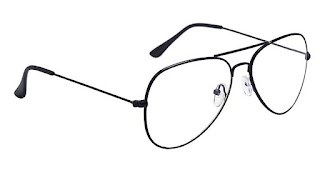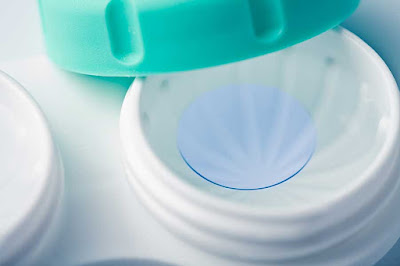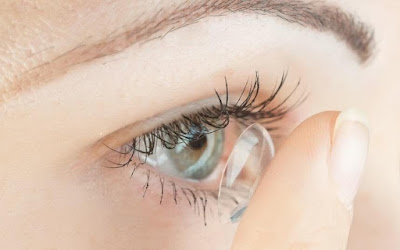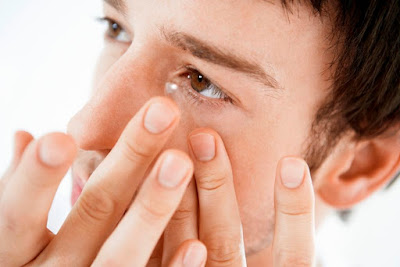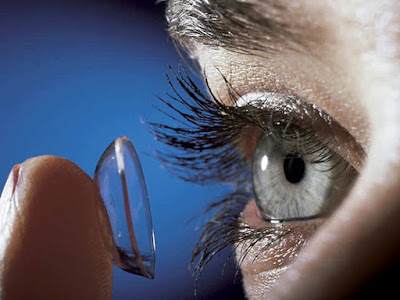Eye allergies increase with the arrival of spring
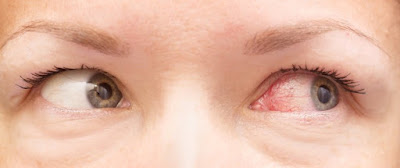 |
| Eye allergies and spring |
With the arrival of
spring, allergic diseases begin to irritate many people because of pollination.
The eyes are usually one of the most affected by allergies. "In the
office, complaints of eye allergies usually double at this time. They often
manifest themselves in patients who have rhinitis, allergic cough, asthma and
dermatitis, "says ophthalmologist Marco Canto, director of Clinica Canto.
Dry eye is another disease that can also occur. "This
is a disease that is also more common in the spring, especially when the air
humidity is very low.
Symptoms of ocular allergies and dry eye may include
itching, red eyes, eventual secretion and sensitivity to light. "However, the
diagnosis can only be made through an ophthalmologic examination," says
Dr. Ana Paula, who treats allergies including lubricating eye drops,
antiallergics, corticosteroids, or immunomodulators. "It is important to
remember that no eye drops should be used without medical advice, especially
corticosteroids, which may have as a side effect increased eye pressure and the
development of cataracts," he points out.
 |
| Eye allergies increase |
Ophthalmologists also advise patients with ocular allergies
to make icy compresses to relieve discomfort and itching. "However, under
no circumstances should the patient scratch the eyes, as this can hurt or cause
deformities in the cornea, which is the transparent lens in front of the
eye," warns Dr. Geraldo Canto, an ophthalmologist.
Prevention
Allergies are a recurring chronic disease, especially in
spring, when triggering factors, such as pollen, are in the air. "Allergy
is a hypersensitivity to an antigen, which is every substance foreign to the
body. And the antigens can be anything from dust and dust mites to plant
components, "notes Marco Canto, adding," Allergies increase with
substance contact and progress into adulthood. In the third age they usually
decrease, because the immune system becomes less reactive. "
But, it is possible to take some steps to try to prevent
allergies. hear, we give tips to help prevent allergic
attacks:
- Try to identify what causes the allergy, if it is when you have contact with a plant, dust, some cleanser, creams, among other substances;
- Avoid eating foods that are potentially allergic, such as seafood, eggs, peanuts, among others, especially for children and the elderly;
- Keep the house clean and airy. To do this, try to use vacuum cleaner instead of brooms and use a damp cloth to remove the dust;
- Try to wash sheets, pillows, cushions, curtains, carpets and stuffed animals more often;
- Do a weekly cleaning on air conditioners and fans;
- Try to avoid environments with a lot of dust or smoke;
- If the weather is very dry, use air humidifiers, wet towels or water basins to help increase the humidity of the air in the rooms of the house.
